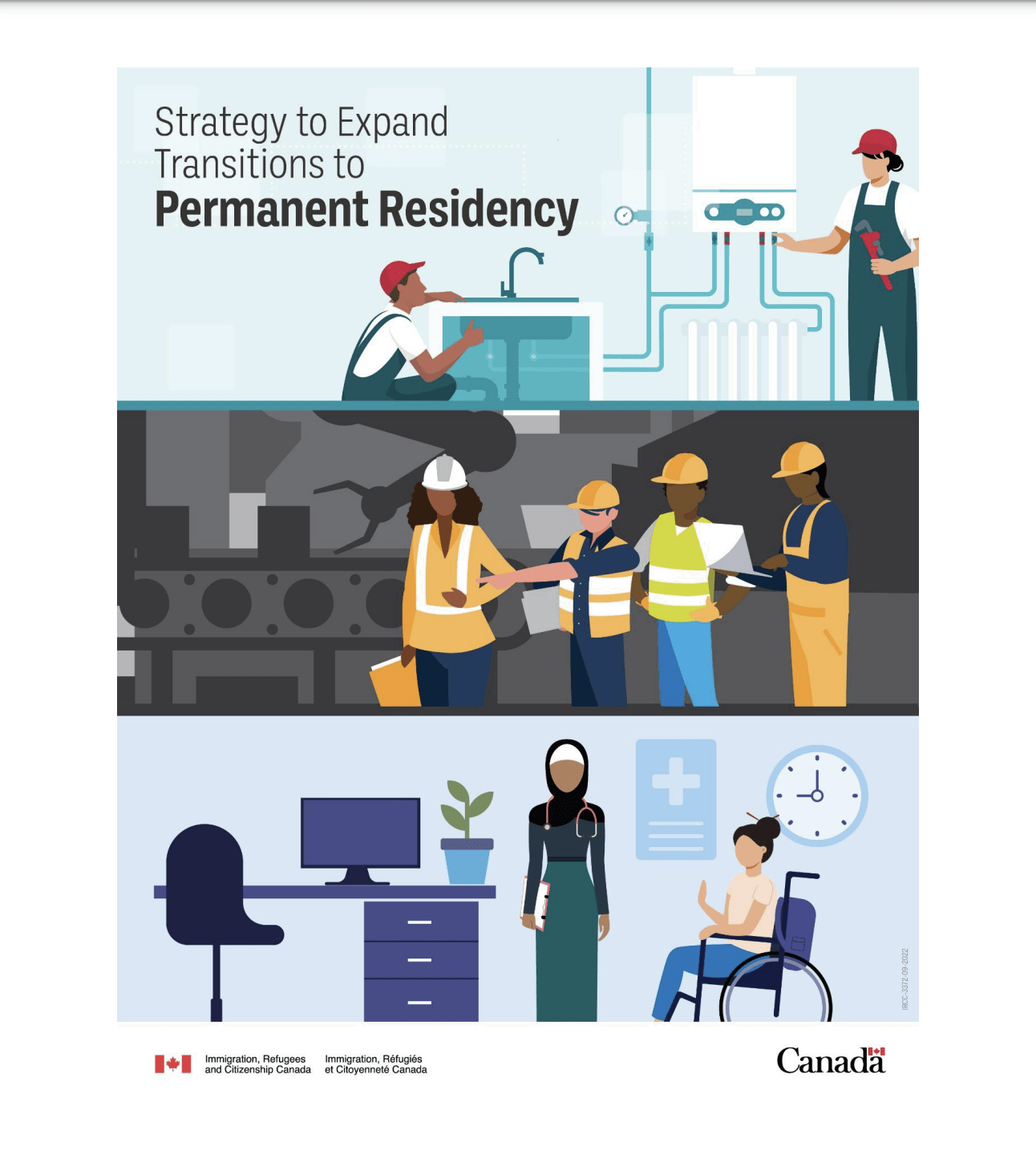BOOK YOUR FREE CASE EVALUATION
Canada is experiencing a severe labour shortage during the post-pandemic economic recovery. In response, Immigration Minister Sean Fraser unveiled a plan to increase the number of international students and foreign workers with extensive work experience for permanent residency in fields where there is a persistent labour shortage. Canada announced a “five pillar approach" to fast track permenanet resident applications for foreign workers and students to address the issue because "temporary foreign workers and international students are crucial to Canada's economy."
According to Canada's immigration plan for 2022–2024, Canada must have a greater, permanent labour supply. In order to solve labour market shortages and support Canada's post-pandemic economic recovery, the government's proposal will assist people to make the transition from temporary to permanent residency by "extending or changing the current pathways for foreign nationals who are working in Canada and seeking to stay, including international student graduates."
The goal of the fast track PR process is to address both the immediate needs of Canadian employers and meet medium-to-long term economic goals, protect vulnerable workers and ensure opportunities for domestic workers.

Simpler, Faster PR Process for Foreign Workers and International Students
Known as the M-44 Plan, in May Liberal MP Randeep Sarai's Private Member’s Motion M-44 was approved by the House of Commons to
expand economic immigration pathways so workers at all skill levels can access permanent residency and to support greater transitions from temporary resident status to permanent resident status." The 5 pillar plan will "complement the existing provincial and territorial tools that allow them to independently select candidates to meet their specific regional needs, across all skill levels.
Pillar 1
Increased immigration levels targets outlined in the 2022-2024 Immigration Levels Plan to provide Canada with a larger, permanent labour supply.
Pillar 2
Reform the Express Entry system, including by increasing flexibility in immigration selection tools under Express Entry, through recent changes to the Immigration and Refugee Protection Act to respond to labour market needs and regional economic priorities.
Pillar 3
Help the transition from temporary to permanent residence of essential workers in high-demand occupations including:
- adopt the latest version of the National Occupational Classification (NOC) 2021 to expand eligibility to certain in-demand occupations within a number of permanent economic immigration pathways;
- improve newcomers’ access to information to ensure that they meet the necessary qualifications and connect them to federal and provincial or territorial programming;
- explore better ways to transition essential workers who are in high demand, such as removing barriers for physicians;
- introduce improvements to pilot programs to support transitions to permanent residence for those working in in-home caregiving occupations as well as in the agri-food sector.
Pillar 4
Support communities in attracting and retaining newcomers, including through Francophone immigration.
Pillar 5
Increase processing capacity, improve client experience and modernize the immigration system through technological improvements.
Strategy to Expand Transitions to Permanent Residency
Immigration, Refugees and Citizenship Canada released a Strategy to Expand Transitions to Permanent Residency to detail how it will implement the M-44 plan to increase:
opportunities to transition from temporary to permanent residence, strengthening Canada’s ability to meet a wide range of labour needs and address long-term labour shortages, and supporting community and regional needs.

Are You A Canadian Employer Who Needs to Hire Foreign Workers?
BOOK YOUR FREE CASE EVALUATION
Our dedicated team of highly experienced immigration lawyers and legal professionals provide immigration law advice for businesses and individuals who want to move or travel for work, education or personal reasons, and serve clients across Canada, the United States and around the globe. Immigration lawyer Evelyn Ackah, Founder and Managing Lawyer at Ackah Business Immigration Law, has practiced Canada and U.S. NAFTA immigration law for over 20 years. Ackah Law exclusively practices immigration law, helping our clients cross borders seamlessly and smoothing the way for business and personal immigration and travel.
With offices in Calgary, Toronto and Vancouver, contact Ackah Law today at (403) 452-9515 or email contact@ackahlaw.com.








